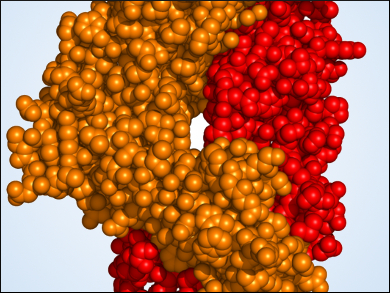Cellular adaptive immunity achieved by T cells is an efficient defense mechanism that protects our bodies from infectious diseases, allergies, and carcinogenesis. Modulation of these responses by T cell-based immunotherapies in the form of vaccination, checkpoint inhibitors, or adoptive T cell transfer is gaining more recognition in the clinical field due to positive results. However, it is a major challenge to predict the clinical outcome in individual patients based on the induced T cells response.
Reproducing in vivo immune response in vitro has proven to be insufficient to determine the extent of T cell expansion or to determine key effector or antigen-responsive functions such as the strength with which T cell receptors (TCRs) bind to antigenic determinant-presenting major histocompatibility complexes (pMHCs), for various reasons. The heterogeneity of T cell populations and the unequal distribution of different fractions coupled with technical limitations are some of the many reasons why data on true binding kinetics (“structural avidity”) for the characterization of complex T cell responses are still rare.
Dirk H. Busch, Technical University Munich and DZIF (National Centre for Infection Research), Munich, Germany, and colleagues developed a flow cytometry-based technology based on the parallel labeling of antigen-specific T cells with reversible (Streptamers) and non-reversible pMHC multimer reagents. The technique allows the precise determination of TCR-pMHC dissociation (koff) rates of antigen-specific T cell populations – a major part of structural TCR avidity.
This development offers promising options for a more precise measurement of T cell quality, eventually allowing researchers to discriminate successful from unsuccessful immune interventions.
- Flow cytometry-based TCR-ligand Koff-rate assay for fast avidity screening of even very small antigen-specific T cell populations ex vivo,
Magdalena Nauerth, Christian Stemberger, Fabian Mohr, Bianca Weißbrich, Matthias Schiemann, Lothar Germeroth, Dirk H. Busch,
Cytometry Part A 2016, 89, 816–825.
DOI: 10.1002/cyto.a.22933




